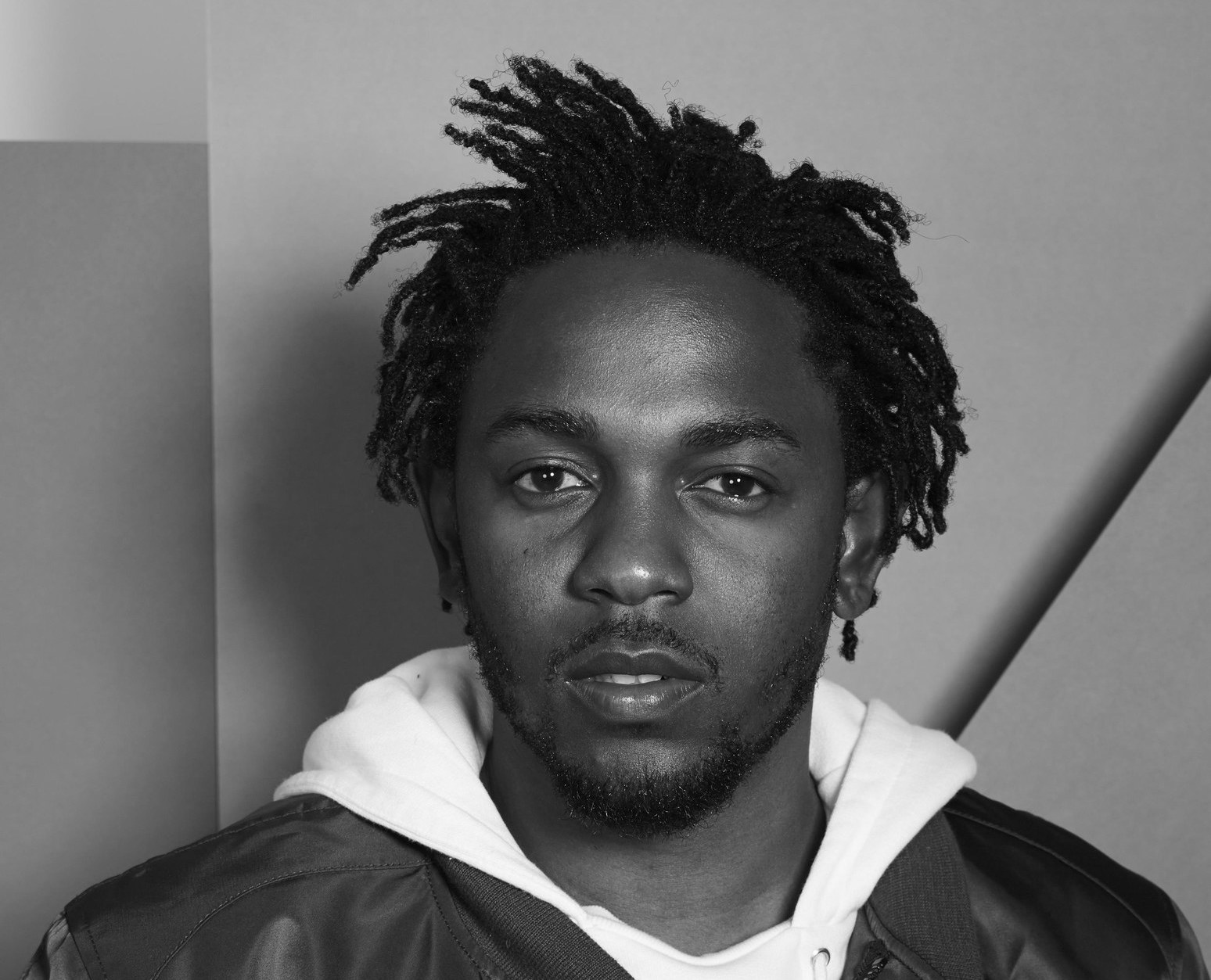In 2015, the journal Royal Society Open Science published a witty evolutionary history of pop music, based on the Billboard Hot 100 chart from 1960 to 2010, in which the authors treated elements like timbre, chord, and speech as if they were impressions on a fossil, and genre as if it were a living, evolving organism. “We identified three revolutions: a major one around 1991 and two smaller ones around 1964 and 1983,” the report says. 1964 corresponds to the coalescing of rock and soul, and the peak in 1983 accords with the rise of synth pop and New Wave and the kaleidoscopic fadeout of disco and funk. 1991 signals the dominance of hip-hop and its medium, rap. In an interview with the BBC, the head researcher, Matthias Mauch, said, referring to the homogeneity of arena rock in the late eighties, “I think that hip-hop saved the charts.”
We know this, and we knew it in 2015, but the novel lure of the study came from its dispassion, which called attention to hip-hop as a historical institution. As we approach the fiftieth anniversary of hip-hop’s invention—in the South Bronx, in the early seventies—the announcement, on Monday, that Kendrick Lamar has been awarded the Pulitzer Prize for music, for his 2017 album, “damn.,” triggered a similar kind of double take. Lamar is the first rapper to win a Pulitzer, and “damn.” is the first hip-hop composition to be honored since the establishment of the music prize, in 1943. In the Times, Joe Coscarelli surveyed the road to the decision, and jurors revealed that the vote for Lamar was unanimous, and that the deliberations over “the best piece of music” had become a conference on the ethics of gatekeeping. The history of the music prize has been a long march of classical compositions. In this, Lamar’s win refracts that of Wynton Marsalis, who became the first jazz musician to win a Pulitzer, in 1997, for “Blood on the Fields.” Dana Canedy, the board’s administrator, framed the decision as a larger flashpoint: “It shines a light on hip-hop in a completely different way. This is a big moment for hip-hop music, and a big moment for the Pulitzers.”
I would argue that the award is a bigger event for the Pulitzers than it is for Lamar, or for hip-hop’s morale. “Fate is being kind to me. Fate doesn’t want me to be too famous too young,” Duke Ellington said in 1965, when he was sixty-six, after the Pulitzer Prize Advisory Board denied a recommendation that he receive a special-citation recognition for his contributions to jazz. With Lamar, just thirty years old, likely sitting on future compositions that will outdo the odysseys on “damn.”—and on “To Pimp a Butterfly” and “good kid, m.A.A.d. city,” which came before it—the Pulitzers push a reformation campaign, finding a canny opportunity to stake a place ahead of the curve. (The win bears some relation to Bob Dylan’s Nobel Prize in Literature, in 2016, although in that case the referendum had to do with what constituted literature.) Most glaringly, it sets the stage for the argument that the prize of the intelligentsia, which has been disinterested in the flow of popular music, may have a shrewder grasp on cultural impact than the Grammys, which for its top honor, Album of the Year, have snubbed not only Lamar—this year and in the past—but every other black hip-hop artist other than Lauryn Hill and OutKast. I certainly did not expect the Pulitzers to be what finally proved the Grammys irrelevant. David Hajdu, a critic at The Nation and one of the Pulitzer jurors, told Coscarelli that recognizing “damn.” meant recognizing that rap “has value on its own terms and not just as a resource for use in a field that is more broadly recognized by the institutional establishment as serious or legitimate.” Rap has not primarily depended on the recognition of traditional bodies to flourish and to change. It’ll be fun to hear how Lamar finesses a verse to include the word “Pulitzer.”
Lamar’s historic win figures in the grander, affected consecration of blackness within élite spaces—exemplified, I think, by the “thousand flowers of expectation” blooming in Kehinde Wiley’s portrait of Barack Obama. It was Obama, with his caucuses of rappers in the White House, who accelerated the conclusion that hip-hop had earned a prestige as a great American art. In its long and perplexing lurch toward acclaim, did hip-hop sacrifice its edge? Lamar is a fascinating and brilliant non-answer. He is a complicated artist because he sits at the nexus of forces that seem misaligned: he is an alert political gadfly who will happily curate a soundtrack for the commercial juggernaut “Black Panther”; he is a literary virtuoso who understands the charisma needed to make songs you can play in a club. He is hip-hop, which means that he skirts categorization. The Pulitzers got it right.
Originally posted on THENEWYORKER.COM


